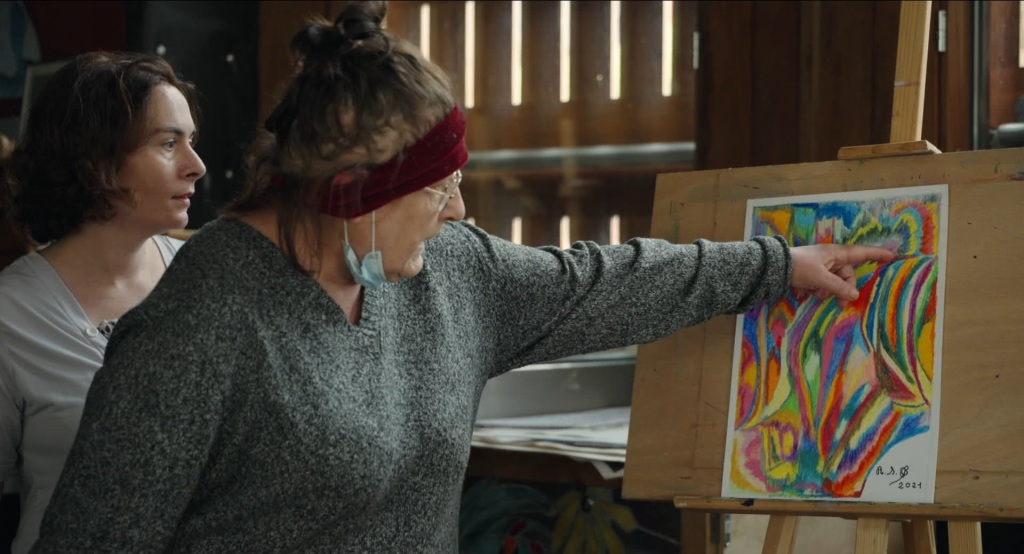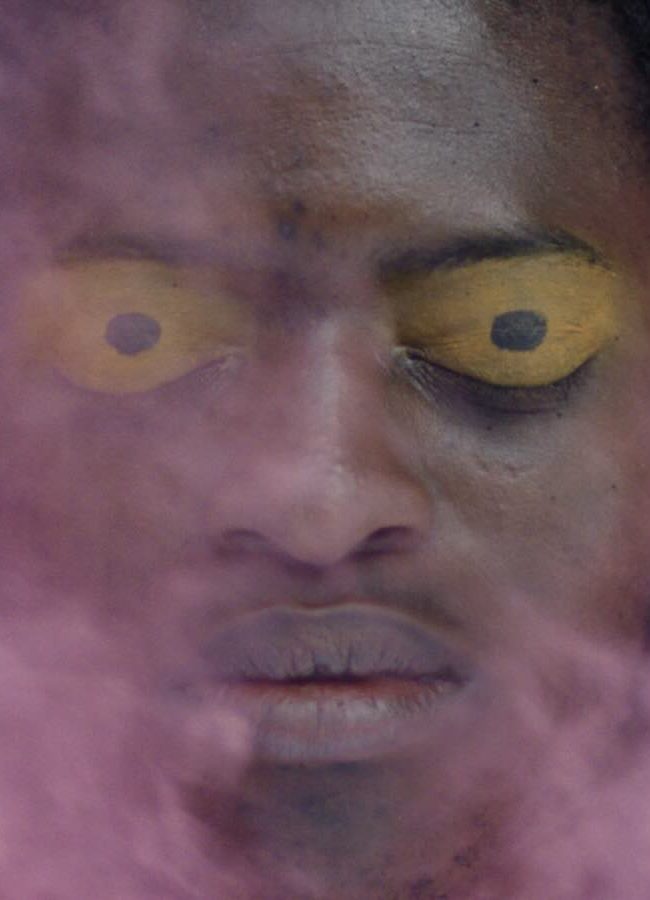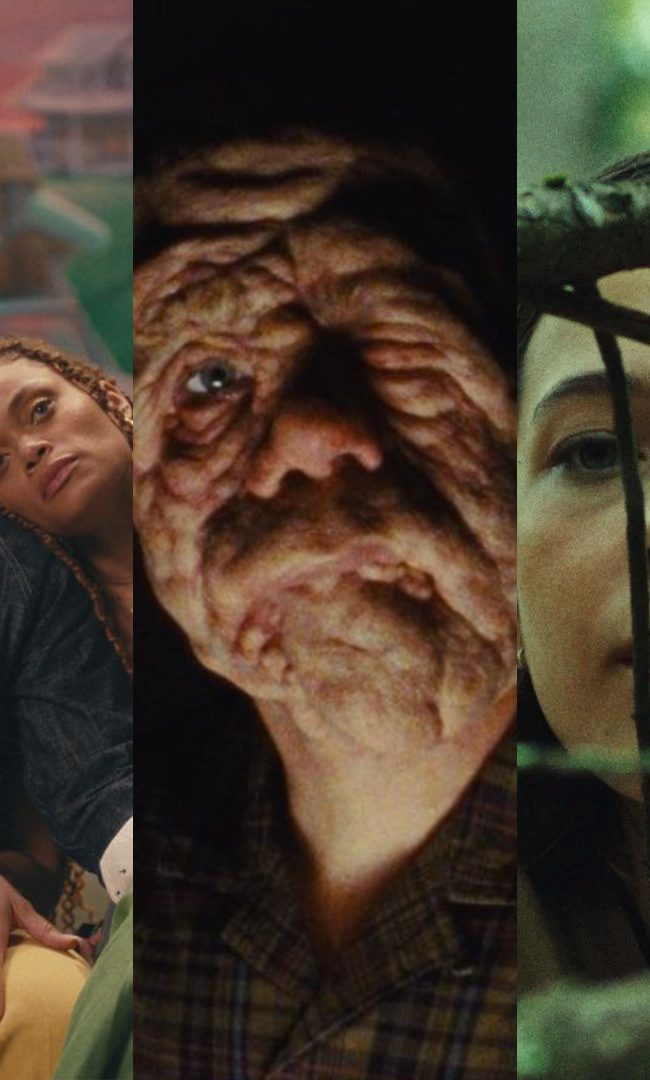ON THE ADAMANT

(Rendez-vous with French Cinema takes place at Film at Lincoln Center through Sunday, March 10. M.J. O’Toole has this movie review of On The Adamant which plays on Friday, March 8. It will be released in U.S. theaters on March 29 from Kino Lorber.Seen it? Join the conversation with HtN on our Letterboxd Page.)
If there is a film you need this year to remind you of the humanity of others, it’s Nicolas Philibert’s documentary On The Adamant. A work of endearing compassion and quiet observation, Philibert examines the workings and individuals within a Parisian daycare institution for mentally ill and disabled adults. He does this by patiently observing all that goes on within the institution and giving the human subjects room to be vulnerable in a way that shows their spirit. But this isn’t some ordinary mental health institution. The Adamant is a floating barge located on the Seine River just by the Charles de Gaulle bridge. While capitalists might have turned the barge into a casino or bar, it was fortunate enough to be transformed into an oasis of community between caretakers and patients. Winner of the Golden Bear at Berlinale 2023, this documentary shines light on a potential Paris landmark while also examining the human condition through a non-invasive and destigmatized lens.
As we are welcomed on board The Adamant, Philibert shows us the day-to-day workings of the institution by gliding between collective meetings determining schedules and events, art therapy workshops, and interpersonal testimonies from the patients. The institution offers counseling, as well as art therapy through music, painting, craft, literature and cinema. It’s through this that certain patients are able to express themselves and even tell their life story. But rather than give each patient a diagnosis, Philibert sees past it in favor of capturing their own distinctive personalities. One such patient, François – who opens up the film performing a seemingly cathartic cover of a 1970s French pop song – passionately expresses his thankfulness for the art therapy being offered in his life, but acknowledges that he needs his medication even more. “Only strong meds keep me talking to you,” he says, “otherwise I think I’m Jesus.” Another patient, a gentlemanly bohemian artist Frederic, has a good-natured sense of humor which he expresses through song and poetry, but also triggers a sense of unease through his stories of a kinship with Vincent Van Gogh and accusing Wim Wenders of having stolen the idea of Paris, Texas from him. While each subject’s life story varies, Philibert makes each one come alive naturally in a way that makes it feel like we are sitting in the same room as them and laughing along.
Even though none of the staff members are directly interviewed, they are shown interacting with the patients and sitting in on meetings where new staff are introduced. The lines between staff and patients are blurred not just from most of the subjects being nameless, but also from the interactions between the two groups that demonstrate a sense of equality and companionship. But Philibert also explores health administration, and one way he does this is by showing the patients’ reactions and responses to certain plans and regulations. Even one point late in the film, an older female patient – after proposing to lead a new dance class, gives a fervent rant on how certain restrictions as a patient have held her back from doing so over the last few years. The viewer is also forced to confront how one may distinguish oneself from the mentally ill. “Mad people are not violent,” one patient says. “Most of us are, in fact, just extremely fragile people.” This line forces us to think deeply about our own feelings rooted in certain stereotypes, and consider how not-so-dissimilar we may be from those with different minds.
Having documented a variety of institutions in his career, from the education system to Radio France, Nicolas Philibert captures the human spirit in a rather amusing light without vanity or commercialism. On The Adamant highlights the sense of individual and artistic freedom on board the floating vessel. It’s through its calm and upbeat aesthetic within this haven that shows how empathy can trump cynicism and judgment. The Adamant, in a way, becomes a symbol of what contemporary psychiatry can be, especially with a better understanding of humans and room for individual expression. In its tranquility and stillness, On The Adamant exceptionally demonstrates the healing power of art and community.
– M.J. O’Toole (@mj_otoole93)
Kino Lorber; Nicolas Philibert; On the Adamant movie review











